TOPLINE:
Nearly half of patients with difficult-to-treat rheumatoid arthritis (D2T RA) no longer met the criteria for that status at the end of a 5-year period by achieving disease remission or low disease activity with additional treatment modifications.
METHODOLOGY:
- This retrospective cohort study included 150 patients with D2T RA, as defined by the European Alliance of Associations for Rheumatology in 2018 at Keio University Hospital, Tokyo, Japan.
- The researchers followed patients until 2023 and collected data on demographics, treatment changes, disease activity, and outcomes.
- D2T RA resolution was defined as achieving remission or low disease activity for ≥ 3 consecutive months.
TAKEAWAY:
- Overall, 45% of patients achieved resolution of D2T RA at a mean duration of 24.1 months.
- Treatment changes were more frequent in patients with resolved disease vs those with persistent D2T RA (83.6% vs 58.7%; P = .002).
- Patients with resolved D2T RA were more frequently treated with interleukin-6 receptor inhibitors in 2023 vs 2018 (35.8% vs 20.0%, P =.04) and less often treated with prednisolone (14.9% vs 38.7%, P < .001).
- Over 5 years, 5% of the patients died; increased glucocorticoid doses were linked to mortality (P = .002).
IN PRACTICE:
"Although a treatment strategy for difficult-to-treat RA has not yet been established, our study suggests that the optimal treatment choice for patients with difficult-to-treat RA is distinct, based on the causes," wrote the authors.
SOURCE:
The study was led by Satoshi Takanashi, MD, PhD, from Keio University School of Medicine in Tokyo, Japan. It was published online on June 8, 2024, in Rheumatology.
LIMITATIONS:
The study's single-center design and relatively small sample size may limit the generalizability of the findings. Treatment changes were decided by attending doctors, which could introduce bias. The investigators were also unable to determine the impact of any comorbid fibromyalgia in the patients.
DISCLOSURES:
The study was supported by the JCR Grant for Promoting Research for Difficult-to-Treat Rheumatoid Arthritis, a KAKENHI grant from the Japan Society for the Promotion of Science, and Keio University Medical Science Fund. Each of the study's three authors reported financial relationships with various manufacturers of drugs for RA.
This article was created using several editorial tools, including AI, as part of the process. Human editors reviewed this content before publication.

.webp) 2 days ago
2
2 days ago
2


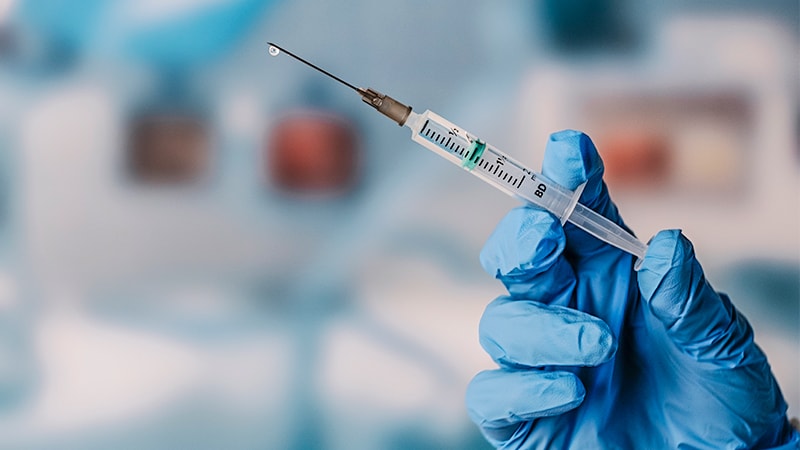
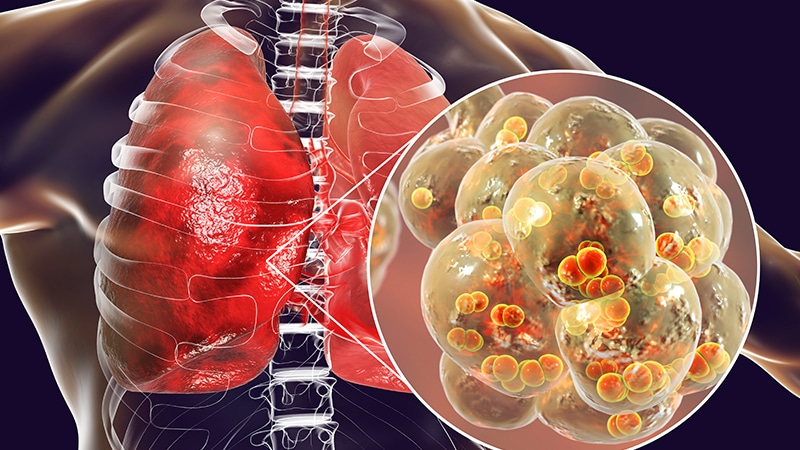







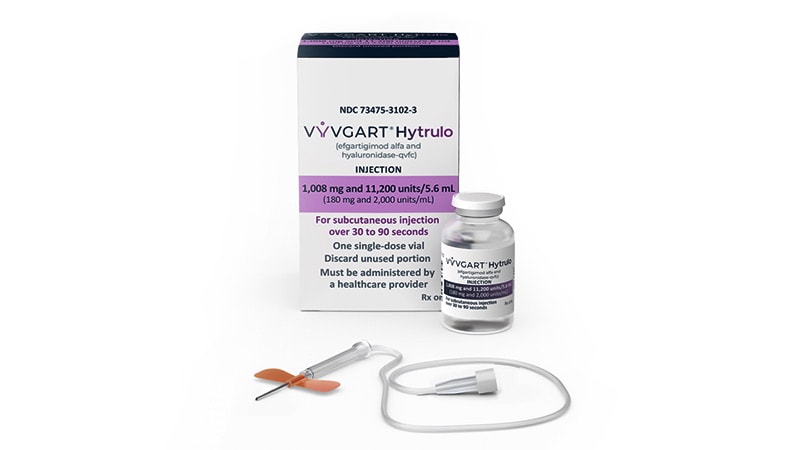

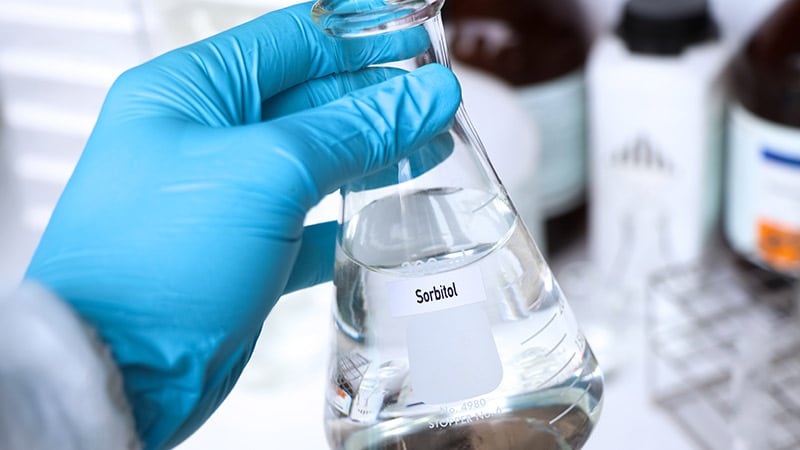










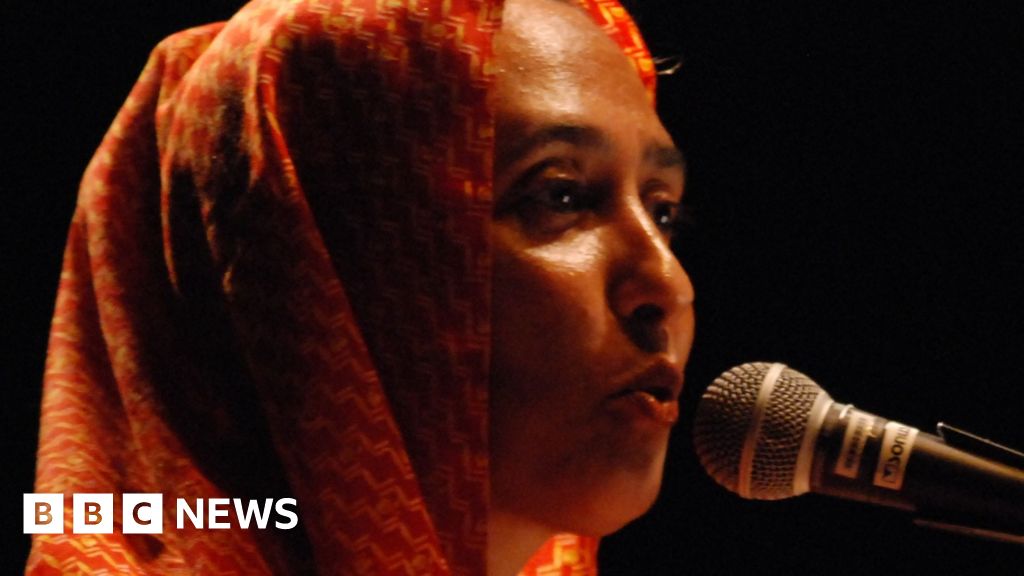

 English (US)
English (US)